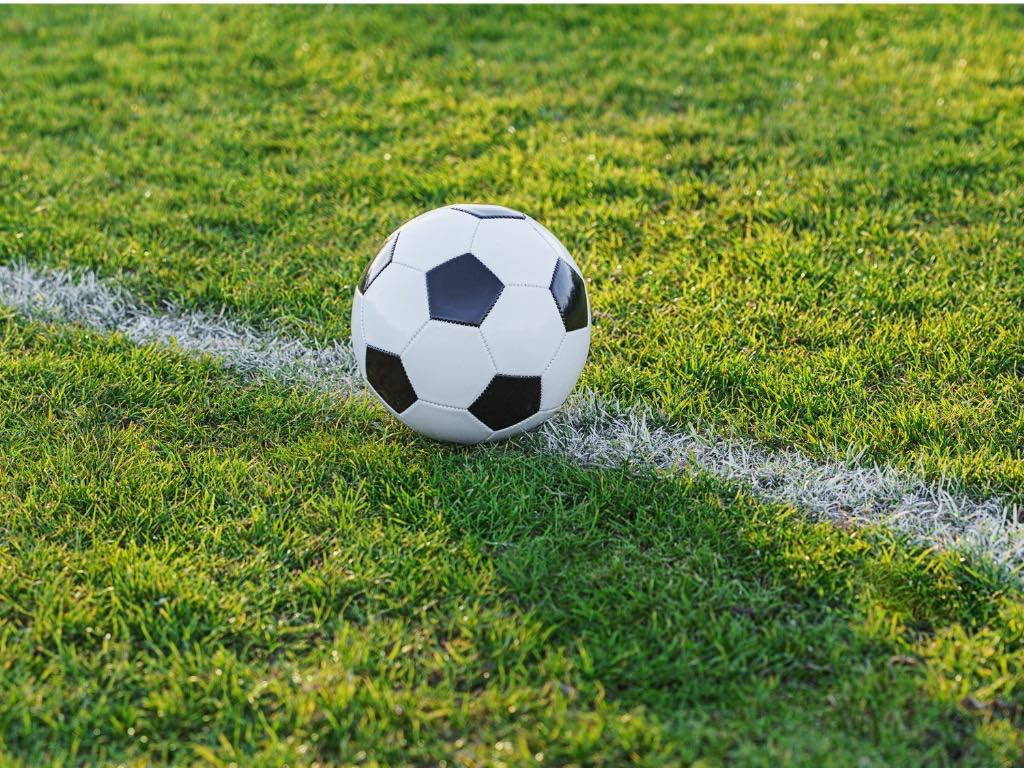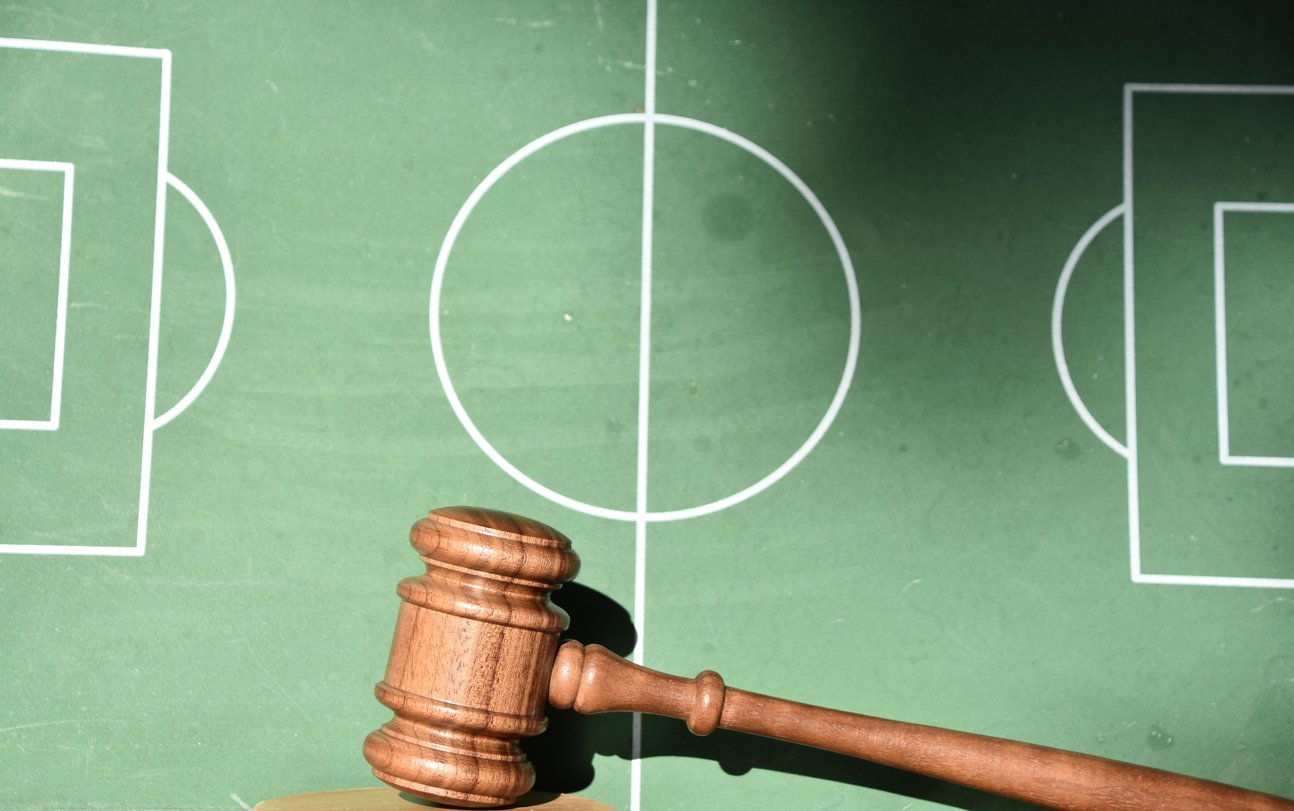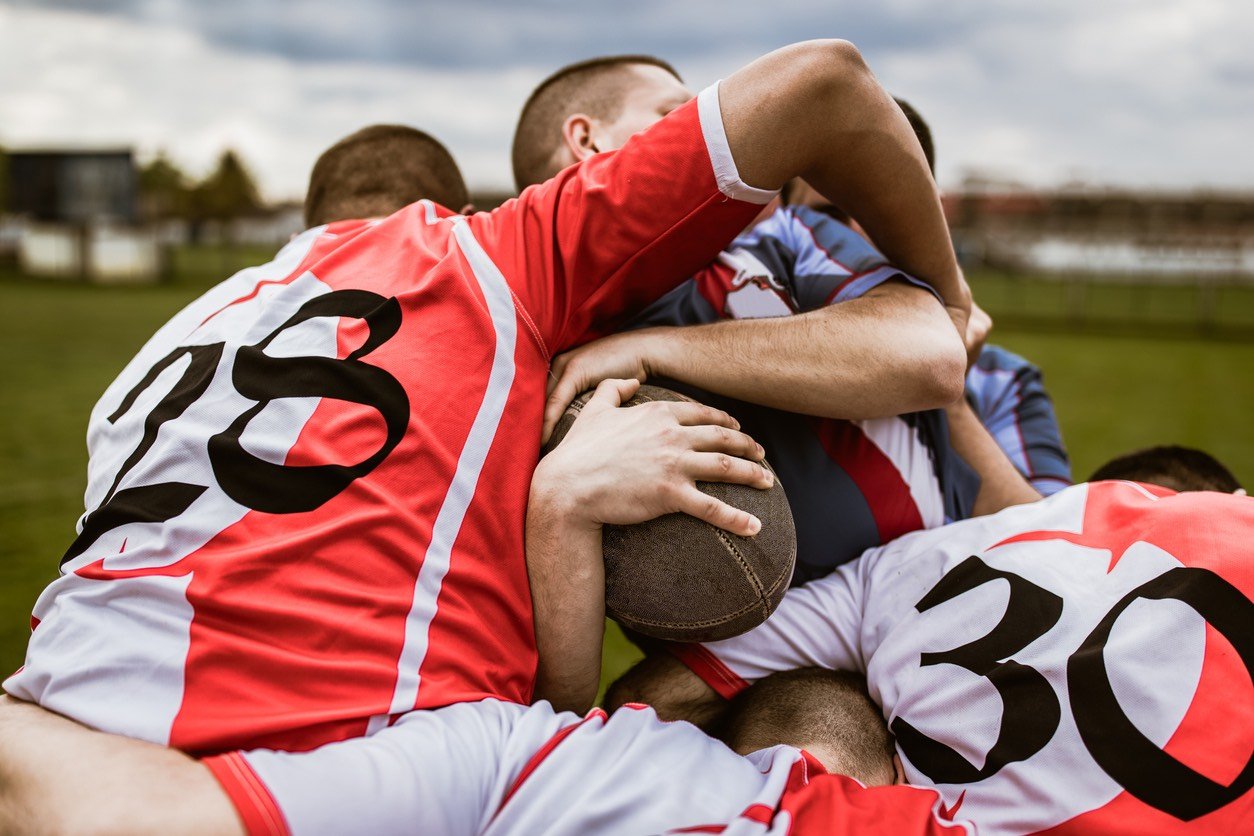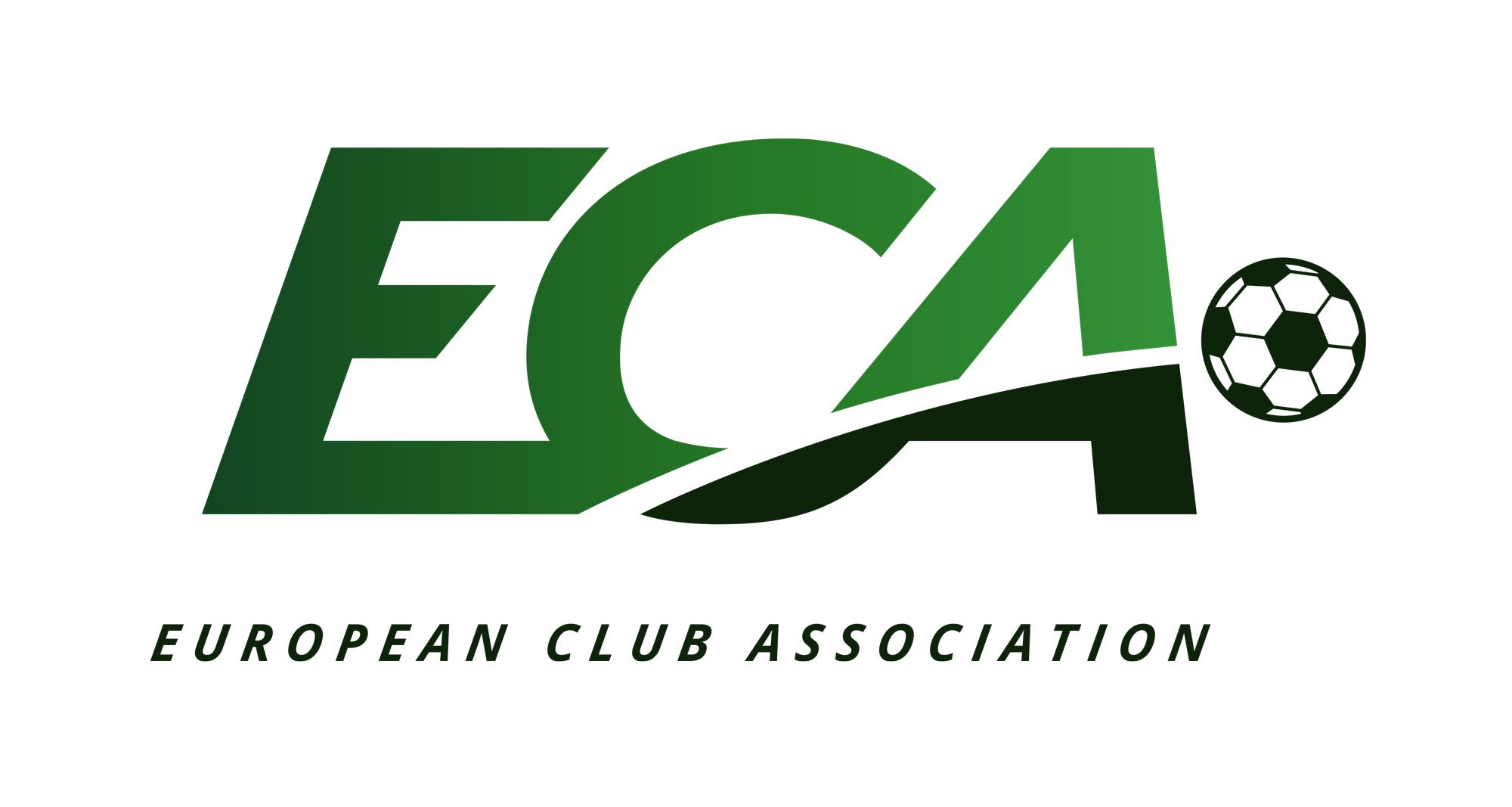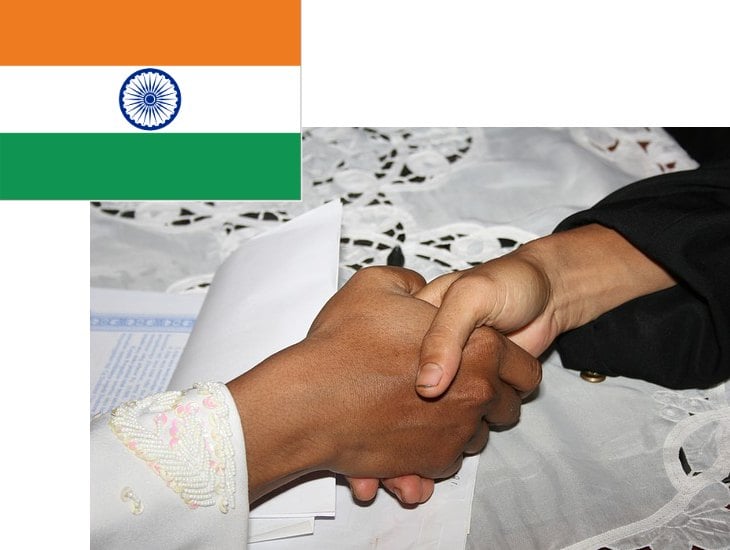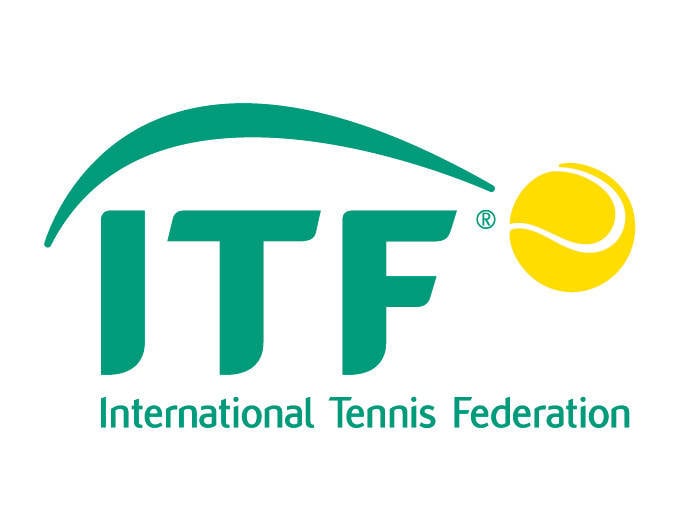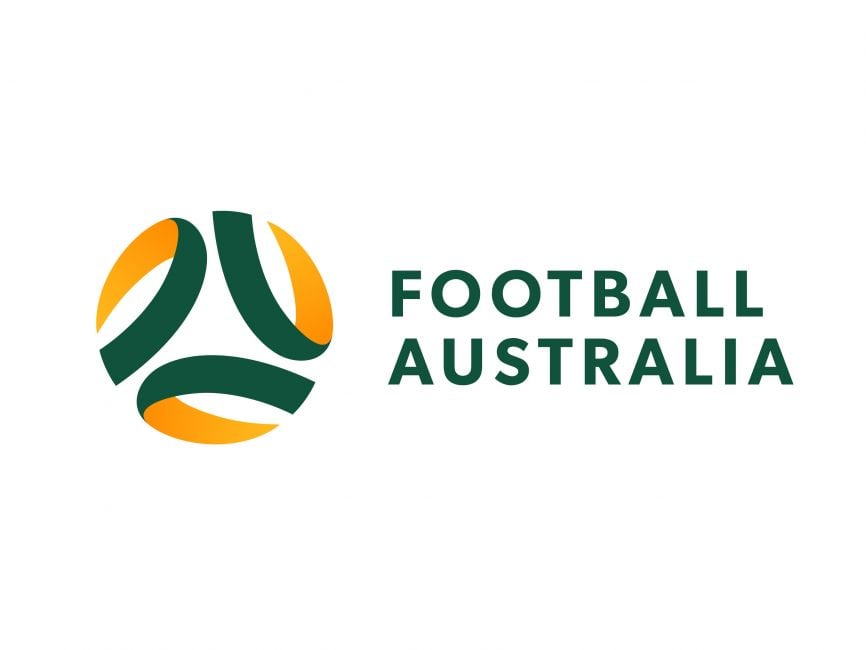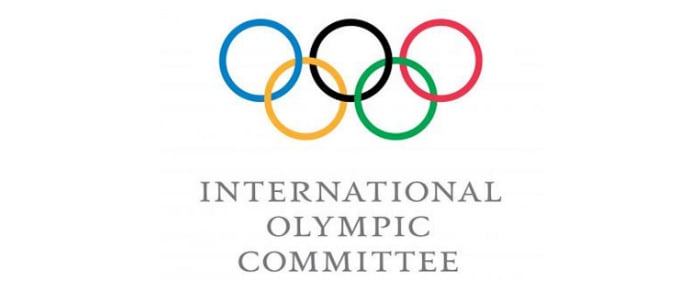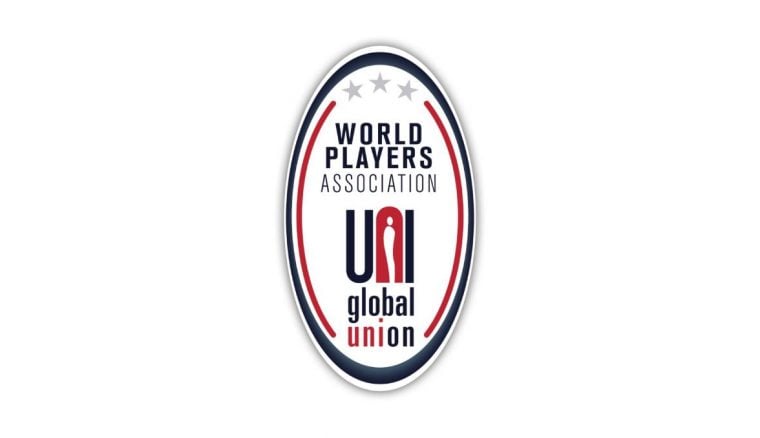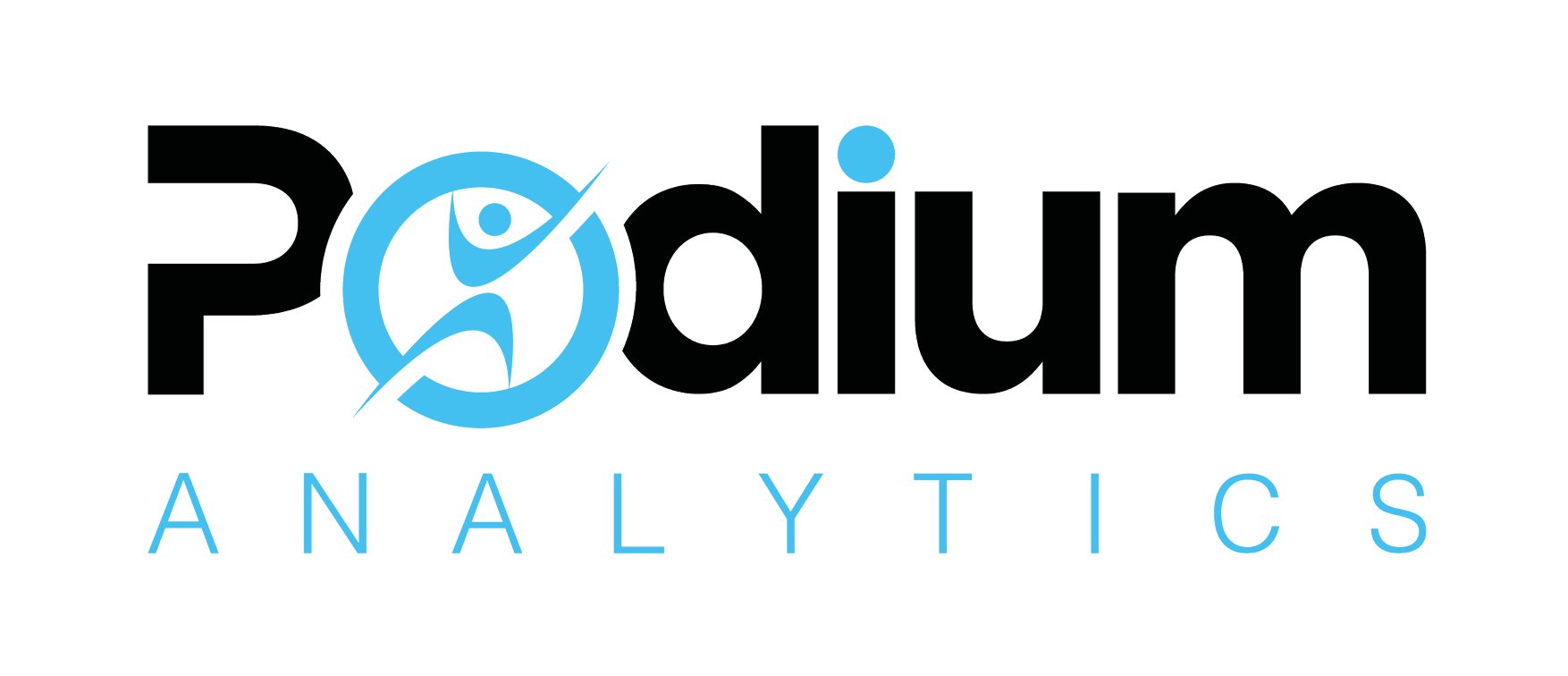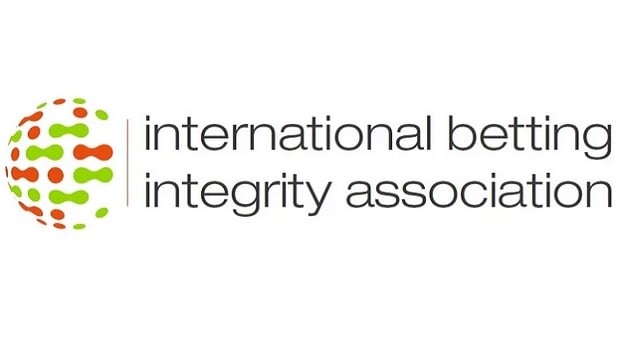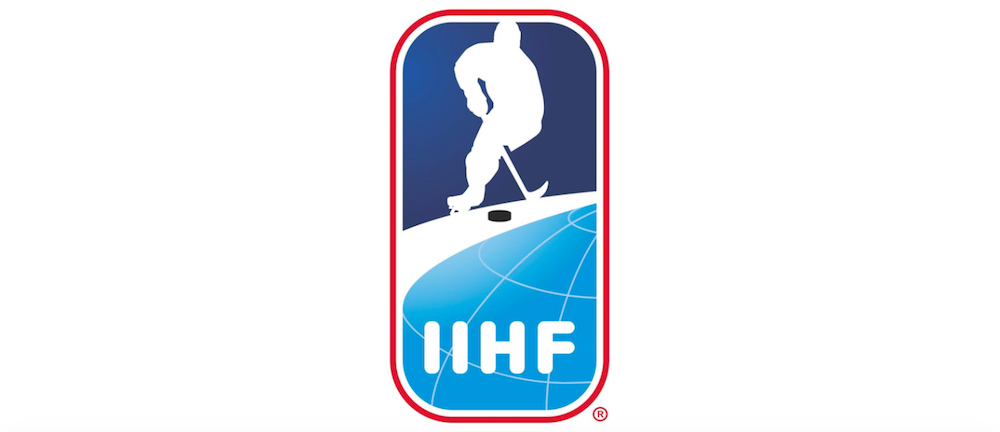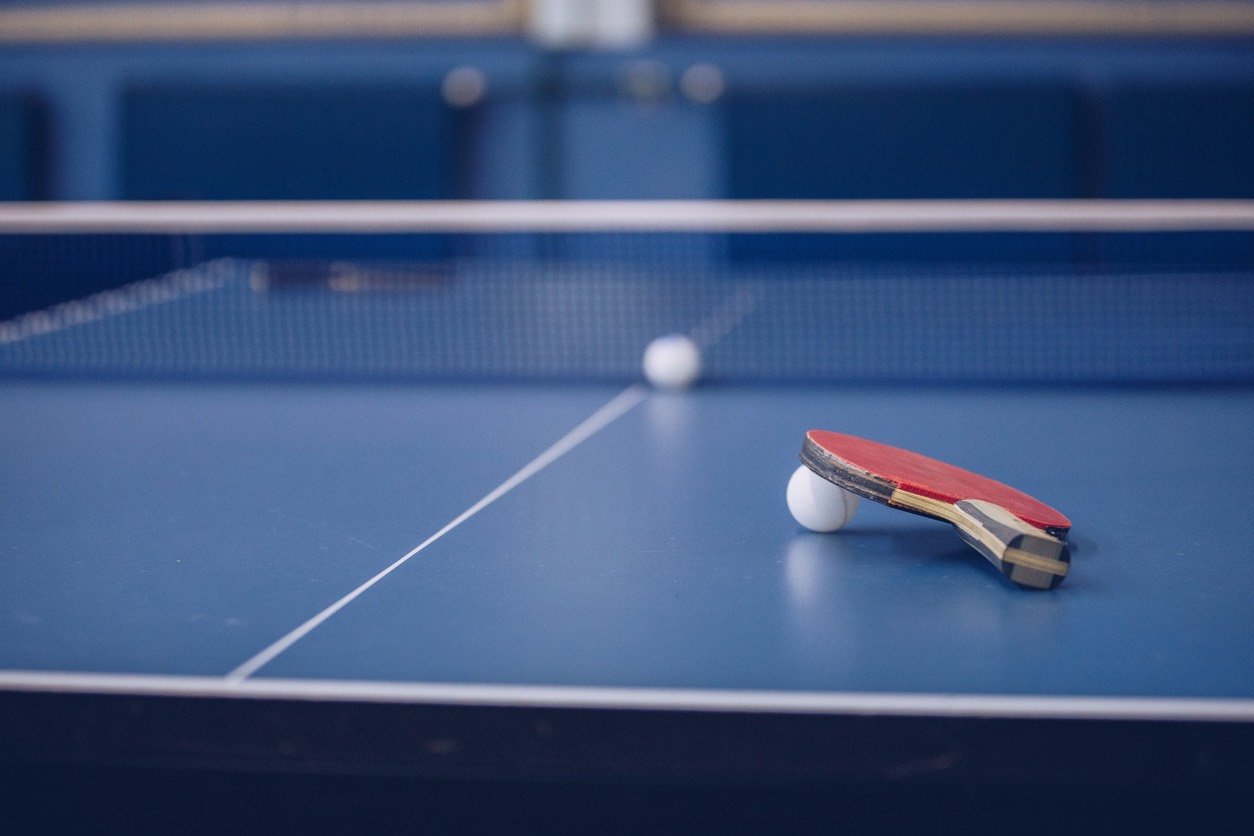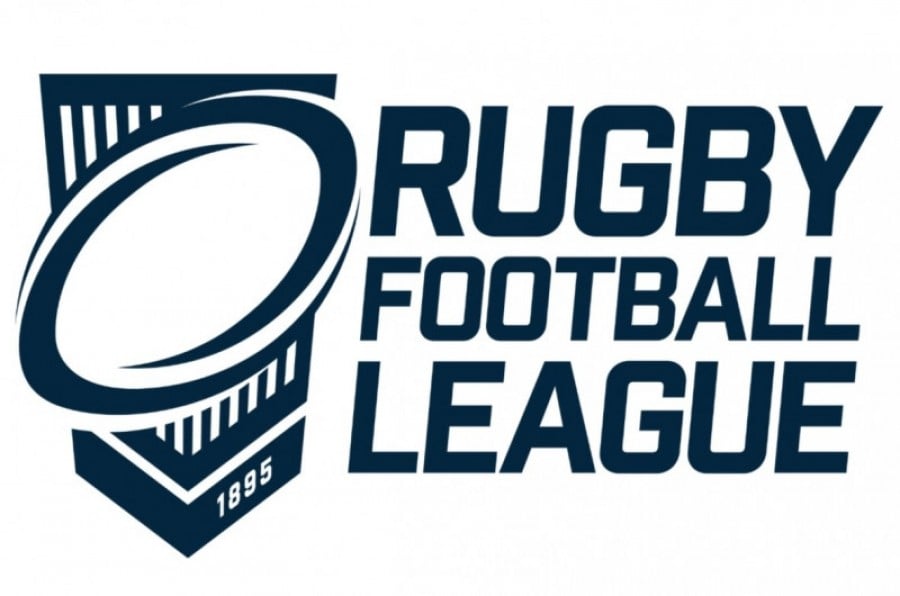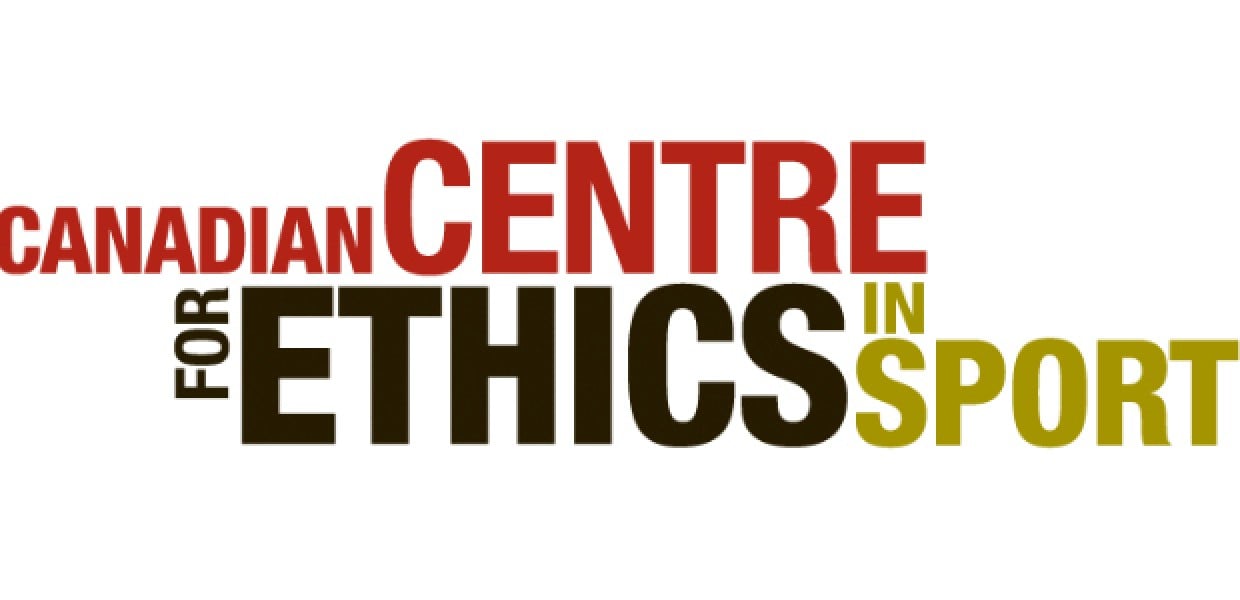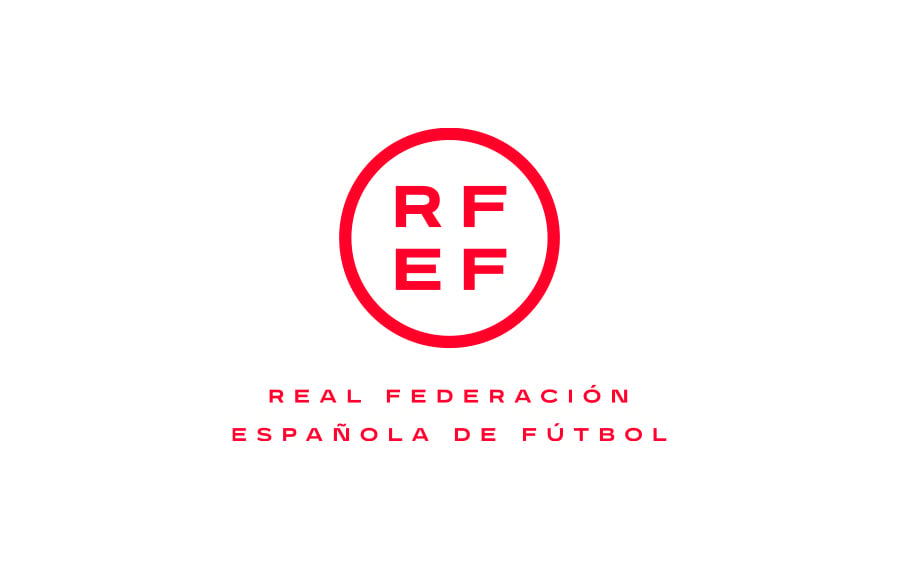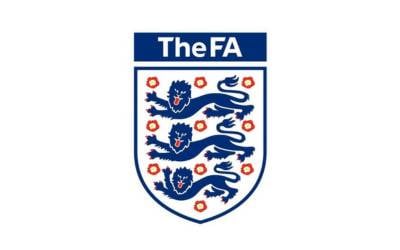
The FA has today published its first Annual Grassroots Disciplinary Review, providing an insight into all misconduct types which were overseen by The FA’s Grassroots Discipline Team during the 2022/23 season.
The Review, which covers Step 5 and below of the men’s football pyramid and Step 3 and below of the women’s football pyramid, provides a detailed breakdown of discriminatory conduct across the season, in addition to analysis concerning serious offences against a match official, assaults committed by a participant on a participant, and general misconduct.
This data will now be published each year as part of The FA’s ongoing commitment to ensuring greater transparency across the grassroots game, in an effort to help improve behaviour and to increase confidence in the reporting process for incidents of serious misconduct.
During the 2022/23 season, there were 3,636 allegations of serious misconduct – a 9% increase on the previous season – with 82% of charges being proven. There was also a 10% increase in the number of allegations of discrimination, with the average sanction for proven charges being a seven-match suspension.
Overall, the average number of days from a case being opened to an investigation being closed was 44 days, which is a 17% improvement on the previous season and is a result of The FA’s ongoing efforts to make the investigative process smoother and to bring perpetrators of serious misconduct to justice faster.
The full Review for the 2022-23 season can be found here.
Following consultation with key stakeholders across the game, The FA has introduced pioneering sanctions in recent months to address serious misconduct across grassroots football, including points deductions, ground closures, and the trial of body cams for match officials across selected areas in the grassroots game.
This was followed by the launch of The FA’s Enough is Enough campaign to raise awareness of discriminatory behaviour in grassroots football and the significant consequences that will face perpetrators of hate. Aimed at grassroots players, coaches, parents, and supporters, the campaign makes clear to everyone involved in the game what behaviours are deemed as discriminatory, and focuses on the importance of reporting of incidents, highlighting the different ways to do this through match officials, The FA, Kick It Out and local County FAs.
Furthermore, The FA and Kick It Out recently collaborated to publish a joint action plan to proactively tackle incidents of discrimination and serious misconduct in grassroots football. The action plan follows new research that was commissioned by both organisations to help identify ways to improve reporting, awareness and handling of incidents of this nature within the grassroots game.
FA Senior Discipline Manager, Fraser Williamson, said: "Providing this level of transparency is really important to us so that everyone can have a better understanding of the levels of serious misconduct across the game. It also makes clear that we take all allegations of this nature very seriously and that we will take action against offenders. We know that incidents of serious misconduct are on the rise across grassroots game, however we’re clear that this will not be tolerated and that perpetrators will face consequences. We’ve recently implemented a number of interventions across our game to help improve the culture and behaviour of participants, both on the pitch and on the sidelines, and we will continue to do all we can to ensure our game is safe and welcoming for all."
At the start of the 2023/24 season, the English football authorities introduced a new Participant Behaviour Charter as part of the ‘Love Football. Protect the Game’ football-wide campaign that focuses on addressing unacceptable conduct on the pitch, on the sidelines and in the stands.
The new Charter detailed stronger measures for players, managers, coaches, support staff and club officials to adhere to on a matchday and is in place across the Premier League, EFL, National League System (Steps 1-4), Barclays Women’s Super League, and Barclays Women’s Championship.
As a result, the first five months of the 2023/24 season has seen a significant decrease in both incidents of players surrounding match officials and charges of mass confrontations.
Under the new approach, match officials have been empowered by the game to take stronger action, alongside a consistent application of the existing measures, when participant behaviour falls below expected standards. This has seen a significant rise in cautions for dissent for players.
Misconduct Cases
- 37% decrease in charges for surrounding of a match official (from 19 to 12 charges)
- 43% decrease in charges for mass confrontations (from 61 to 35 charges)
- 10% decrease in charges for technical area misconduct (from 70 to 63 charges)
Match Discipline
- 88% increase in dissent cautions for players (from 966 to 1,813 cautions)
Mark Bullingham, FA CEO said: “This season, English football came together to take a collective stance against unacceptable behaviour in our game. It’s great to see that the new approach has made a positive impact on the season so far. We have seen a decrease in charges for surrounding of a match official, mass confrontations, technical area misconduct, and an increase in the number of cautions for dissent. This shows that our new approach is making an impact at the top of the pyramid, and we need to maintain this and ensure that these positive changes are carried through to the whole game.”
Howard Webb, Chief Refereeing Officer at PGMOL, said: “We were empowered and supported by the game to be more robust with our actions to address declining behaviour. A culture change won’t happen overnight and it is early days, but we are moving in the right direction and our officials are successfully delivering on our part of the collective football effort to reset behaviours, protect the reputation and promote the positive image of the game for the next generations. It has been encouraging to see improvements in some behaviours already and the aim is that cautions for dissent decrease significantly to a much lower level in time as this culture change takes effect. That is the real indication of the progress, and with the power of example being so strong, we all have a continued duty to hold firm for the benefit of the game’s future.
The IIHF Council, on recommendation from its Medical Committee, has decided to mandate the use of a neck laceration protector, specifically designed for this purpose, at all levels of IIHF competitions. The neck laceration protectors are now mandatory for the senior categories in addition to the U20 and U18 categories, for which neck laceration protectors had already been enforced as per IIHF Official Rule Book.
The exact date this mandate will go into effect for the senior categories will be determined by the supply situation. The IIHF remains in close contact with its suppliers to ensure they are able to respond to the current high demand.
Until the rule officially goes into effect, the IIHF continues to strongly recommend that neck laceration protectors are worn by all players performing in an IIHF competition.
Gianni Infantino has said that the FIFA Women's World Cup 2023™ has transformed the face of women's football and appealed to governments, member associations, broadcasters and media to help keep the momentum going towards equality once the tournament ends on Sunday.
Speaking at the opening of the Second FIFA Women's Football Convention in Sydney, the FIFA President thanked Australia and Aotearoa New Zealand for co-hosting "simply the best and greatest and biggest FIFA Women's World Cup ever".
"This FIFA Women's World Cup has been truly transformational, not only in Australia and New Zealand but all over the world," he said. "In the host countries, we had almost two million spectators in the stadiums -- full houses everywhere -- and two billion watching all over the world --- and not just watching their own country but watching the World Cup, because it’s an event [where] I don’t just watch my team . It's great sport, it's entertaining and people love it."
"We have to thank and congratulate Australia and New Zealand because without them this would not have been as magical."
Australia’s Minister for Sport Anika Wells echoed the FIFA President’s comment. “While this is almost the end for this [FIFA] Women’s World Cup, it is only the start of a new era for sport in Australia. The sleeping giant has awoken,” she said. “In Australia, this FIFA Women’s World Cup has not just changed women’s football; it has changed women’s sport. Australia is now a football country.
“I want to thank FIFA for what you have done to accelerate the pursuit of gender equality in our country.”
The FIFA President said there was still much to do and urged FIFA’s partners to contribute. "We need everyone. We need the UN agencies, who have been very helpful to us in this World Cup, participating with us. We need the governments, we need the institutions, to create dedicated spaces for women, and for women’s sport and women’s football in particular, of course. We need the partners, the sponsors to pay a fair price. We need the media,” Mr Infantino said.
He asked broadcasters “to pay a fair price for women's football, not just for the (FIFA Women’s) World Cup, but for women's football in general, in all the countries, all the leagues, in all the competitions”.
The FIFA President urged FIFA's member associations to ensure that they organise women’s leagues, pointing out that some of the players who had starred at the tournament would not have any competitive football to go home to.
"(Female players) cannot all go to play in a few clubs in Europe or the USA. We need in the next four years to create the conditions for them to be able to play at professional level at home and this is the biggest challenge we have to take on board," he said.
Mr Infantino added that the tournament's success had supported the decision to enlarge the tournament from 24 to 32 teams. "FIFA was right," he said. "By increasing number of teams, we had eight debutants, we had many countries who suddenly realised they had a chance to participate. Now, everyone has a chance to shine on the global stage."
The tournament had showed that standards were rising while the tournament had generated USD 570 million, allowing it to break even, he said.
In concluding, the FIFA President also appealed to the assembled audience to act at all levels: "We have to start treating women and men in the same way. I say to all the women that you have the power to change. With FIFA, you will find open doors, just push the doors, they are open. And do it at national level in every country, at continental level in every confederation, just keep pushing, keep the momentum going, keep dreaming and let’s really go for a full equality."





